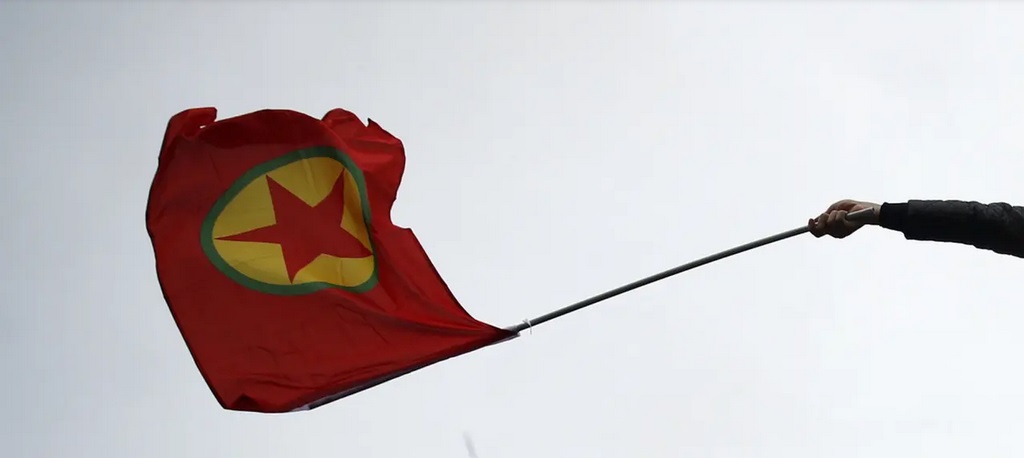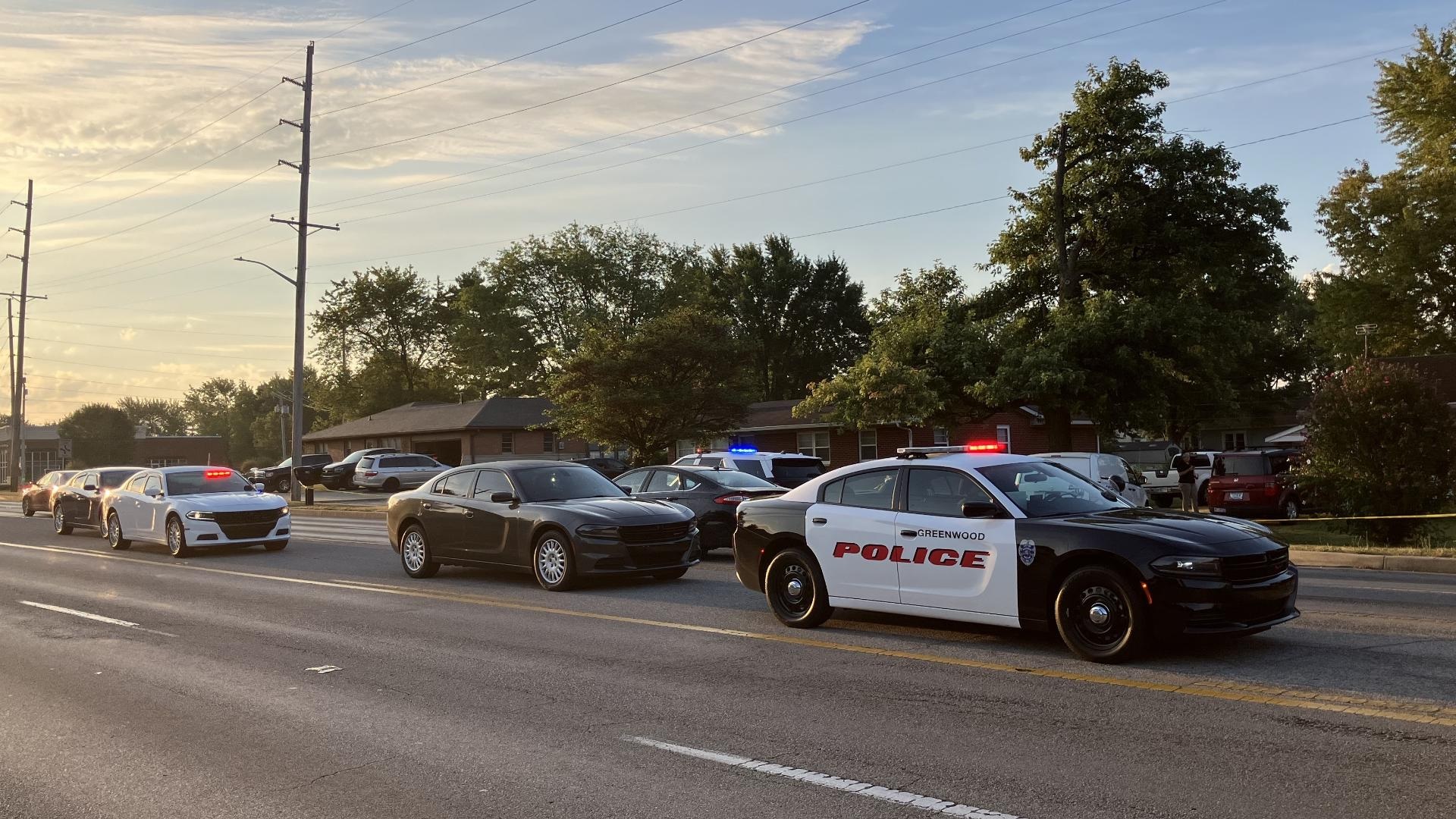After announcing the cessation of armed struggle against Turkey in May, the PKK's first fighters begin to lay down their arms in Northern Iraq. This historic moment raises questions about the future of the PKK and its relationship with the Turkish state, amidst ongoing conflicts and political dialogues.
First PKK Fighters Surrender Their Arms: A Shift Towards Peace


First PKK Fighters Lay Down Their Arms
In May, the PKK announced that it would end its armed struggle against the Turkish state. Now, the first of the 2,000 fighters in Northern Iraq are set to surrender their weapons. Turkey continues its campaign against them to this day.
The location and exact timing of the ceremony have long been kept secret by the PKK. Near the northern Iraqi city of Suleymaniyah, the first of their fighters will lay down their arms. Estimates suggest there may be between 30 and 40 fighters, but this number has not been officially confirmed. Overall, there are reportedly over 2,000 PKK fighters armed in Northern Iraq.
However, these fighters are no longer able to pose a significant threat to the Turkish state, says Thomas Schmidinger: "Given the development of military technology in recent years, particularly with drones, the PKK's weapons have hardly provided a real defense." This, alongside political developments, is one of the reasons behind the decision to abandon armed struggle.
Schmidinger teaches political science at the University of Kurdistan Hewler in Erbil and has been closely following the Kurds’ autonomy efforts across the region.
Over 40,000 Dead Over the Decades
The Kurdistan Workers' Party (PKK) has been waging a guerrilla war against the Turkish state since 1984, hoping to secure greater autonomy and rights for Kurds in Turkey. Over the decades, estimates suggest that more than 40,000 people have been killed in the conflict. The PKK is classified as a terrorist organization by Turkey, as well as the EU and the United States.
Dialogue Instead of Conflict
In May, the PKK announced it would abandon armed conflict against the Turkish state in favor of political dialogue. In a video message broadcast a day earlier, imprisoned PKK leader Abdullah Öcalan reiterated this: "This is a voluntary transition from armed struggle to a phase of democratic politics. This is not a defeat but should be seen as a historical success."
Turkey Continues Its Fight
Politicians from the pro-Kurdish Turkish party, the Peoples' Democratic Party (HDP), are also expected to attend the ceremony in Northern Iraq. Their spokesperson Aysegul Dogan stated, "We will witness the first step in this historical process in Suleymaniya." The Kurds regard this as a historic moment; however, there have been no official responses from the Turkish state regarding the PKK's peace offer.
"It is a bizarre situation. The PKK has decided to dissolve and cease its armed struggle, yet this war has essentially continued, driven by Turkey. On the day the PKK's 12th Party Congress made this decision, Turkey bombed PKK fighters, and that continues to this day," says Schmidinger.
Withdrawal to the Qandil Mountains
The bombs referred to by the scholar were dropped by the Turkish Air Force not in southeast Turkey but in Northern Iraq. Here, especially in the hard-to-access Qandil Mountains, the PKK has increasingly retreated.
"The PKK's battles against the Turkish military have mostly taken place in these mountainous areas of Iraqi Kurdistan in recent years. The armed forces of the PKK had actually already withdrawn from Turkey during the last peace process," Schmidinger adds.
What Will Happen to the PKK After Disarmament?
As PKK fighters lay down or destroy their weapons, questions arise about their next steps. Will there be some form of general amnesty from Turkey that allows them to return with their families? So far, there has been no mention of this.
Alternatives include joining armed Kurdish groups in Syria or remaining in the Kurdish-run region of Northern Iraq. However, the relationship between the PKK and the Kurdish Autonomous Government in Erbil has also been marked by conflict.

 বাংলা
বাংলা  Spanish
Spanish  Arabic
Arabic  French
French  Chinese
Chinese 



